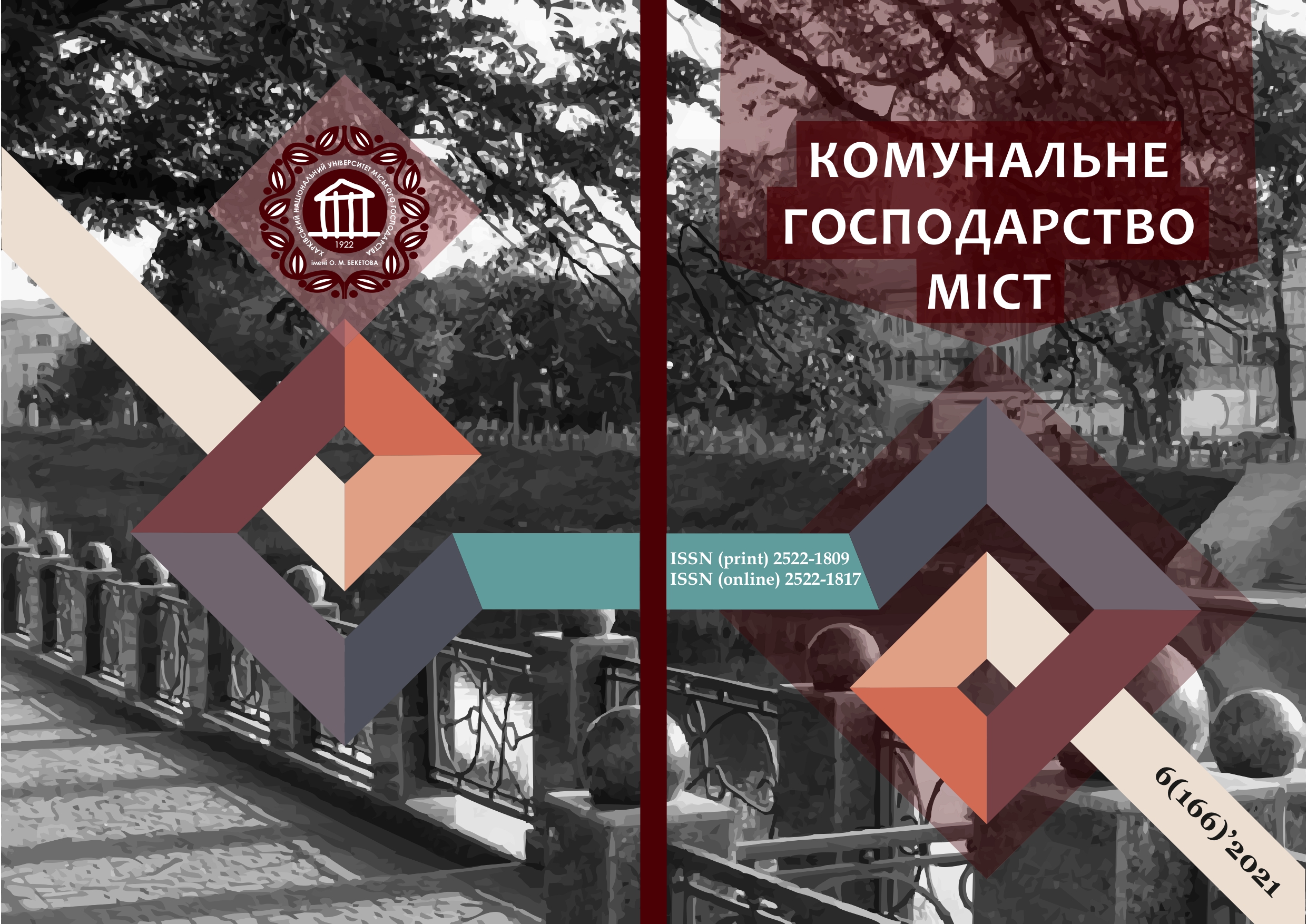PHASE METHODS OF GAS GENERATORS CONTROL HYDROGEN STORAGE AND SUPPLY SYSTEMS
Array
Keywords:
gas generator, hydrogen storage and supply system, control, phase-frequency characteristic.Abstract
Methods of control of technical condition of gas generators of systems of storage and supply of hydrogen based on use of their phase-frequency characteristics are considered. Methods of control of gas generators are divided into two groups depending on the mathematical models used to describe the operation of such gas generators. It is shown that when using as such a mathematical model the transfer function of the gas generator in the form of an inertial link, it is possible to implement control algorithms both by its phase-frequency characteristics and by its time constant. In the first case, the phase-frequency characteristic is measured at an a priori set frequency. In the second case, there is no such restriction. When using as a mathematical model of the gas generator the transfer function in the form of a fractional-rational function of the second order, the implementation of algorithms for its control can be carried out directly using the phase-frequency characteristics of the gas generator. With this implementation of algorithms for monitoring the technical condition of gas generators, the measurement of the values of their phase-frequency characteristics is carried out at several frequencies. This approach to the control of gas generators can increase the reliability of its results. All methods of monitoring the technical condition of gas generators of hydrogen storage and supply systems are focused on the use of tolerance criteria. The parameters of the tolerance criteria can be both the values of the time constants of gas generators of hydrogen storage and supply systems, and fixed values of the phase-frequency characteristics of such gas generators. In the latter case, control algorithms are implemented that cover the entire operating frequency range of gas generators.
References
2. Krivtsova, V.I., Olejnikov, A.M., Yakovlev, A.P. (2007). Inexhaustible energy. Book 4. Wind power engineering. Nat. aerospace University "KhAI", Kharkov. [in Russian]
3. Sorensen, B. (2008). Renewables and hydrogen energy technologies for sustainable development // Int. J. Energy Res., 32(5), 367–368. DOI: https://doi.org/10.1002/er.1370
4. Dmitriev, A.L., Ikonnikov, V.K. (2017). Hydrogen fueling station using hydrogen generation by aluminum powder hydrothermal oxidations. Int. Scientific J. for Alternative Energy and Ecology, 10, 75–85.
5. Li, Zh., & Sun, K. (2020). Mitigation measures for intended hydrogen release from thermally activated pressure relief device of onboard storage. International Journal of Hydrogen Energy, 45(15), 9260–9267. DOI: http://dx.doi.org/10.1016/j.ijhydene.2020.01.084
6. Abramov, Yu., Borisenko, V., Krivtsova, V. (2017). Design of control algorithm over technical condition of hydrogen generators based on hydro-reactive compositions. Eastern-European Journal of Enterprises Technologies, Industry Control Systems, 5(8–89), 16–21. DOI: https://dx.doi.org/10.15587/1729-4061.2017.112200
7. Abramov, Y., Kryvtsova, V., Mikhailyuk, A. (2021). Technical condition control algorithm gas generators of storage systems and hydrogen supply in the context of their fire prevention. Municipal economy of cities, 1(161), 284– 289. https://doi.org/10.33042/2522-1809-2021-1-161-284-289
8. Nanthagopal, K., Subbarao, R., Elango, T., Baskar, P., Annamalai, K. (2011). Hydrogen Enriched Compressed Natural Gas-A Futuristic Fuel for Internal Combustion Engines. Thermal Sci, 15, 1145–1154. DOI: http://dx.doi.org/10.2298/TSCI100730044N
9. Abramov, Yu., Basmanov, A., Krivtsova, V., Mikhayluk, A. (2018). The synthesis of control algorithm over a technical condition of the hydrogen generators based on hydro-reactive compositions. Eastern-European Journal of Enterprise Technologies, Industry Control Systems, 3(2–93), 54–60. DOI: https://doi.org/10.15587/1729-4061.2018.131020
10. Method of monitoring the technical condition of the gas generator of the hydrogen storage and supply system : Pat. 119845 Ukraine: IPC G01 L23 / 00 / Abramov Y.O., Borisenko, V.G., Kryvtsova, V.I., applications. and patent owner National University of Civil Defense of Ukraine. No 201704032; application. 04/24/17; publ. 10/10/17, Bull. No 19. [in Ukrainian]
11. Method of determining the dynamic characteristics of the gas generator of the storage and supply system of hydrogen : Pat. 117854 Ukraine: IPC G018 B3 / 06 / Abramov Y.O., Borisenko V.G., Kryvtsova V.I., applications. and patent owner National University of Civil Defense of Ukraine. No 201700946; application. 02.02.17; publ. 10.07.17, Bull. No 13. [in Ukrainian]
12. Abramov, Yu.A., Kryvtsova, V.I. (2017). To determine the technical condition of the gas generator of the hydrogen storage and supply system. Problems of emergencies, 26, 3–9. [in Russian]
Downloads
Published
How to Cite
Issue
Section
License
The authors who publish in this collection agree with the following terms:
• The authors reserve the right to authorship of their work and give the magazine the right to first publish this work under the terms of license CC BY-NC-ND 4.0 (with the Designation of Authorship - Non-Commercial - Without Derivatives 4.0 International), which allows others to freely distribute the published work with a mandatory reference to the authors of the original work and the first publication of the work in this magazine.
• Authors have the right to make independent extra-exclusive work agreements in the form in which they were published by this magazine (for example, posting work in an electronic repository of an institution or publishing as part of a monograph), provided that the link to the first publication of the work in this journal is maintained. .
• Journal policy allows and encourages the publication of manuscripts on the Internet (for example, in institutions' repositories or on personal websites), both before the publication of this manuscript and during its editorial work, as it contributes to the emergence of productive scientific discussion and positively affects the efficiency and dynamics of the citation of the published work (see The Effect of Open Access).

